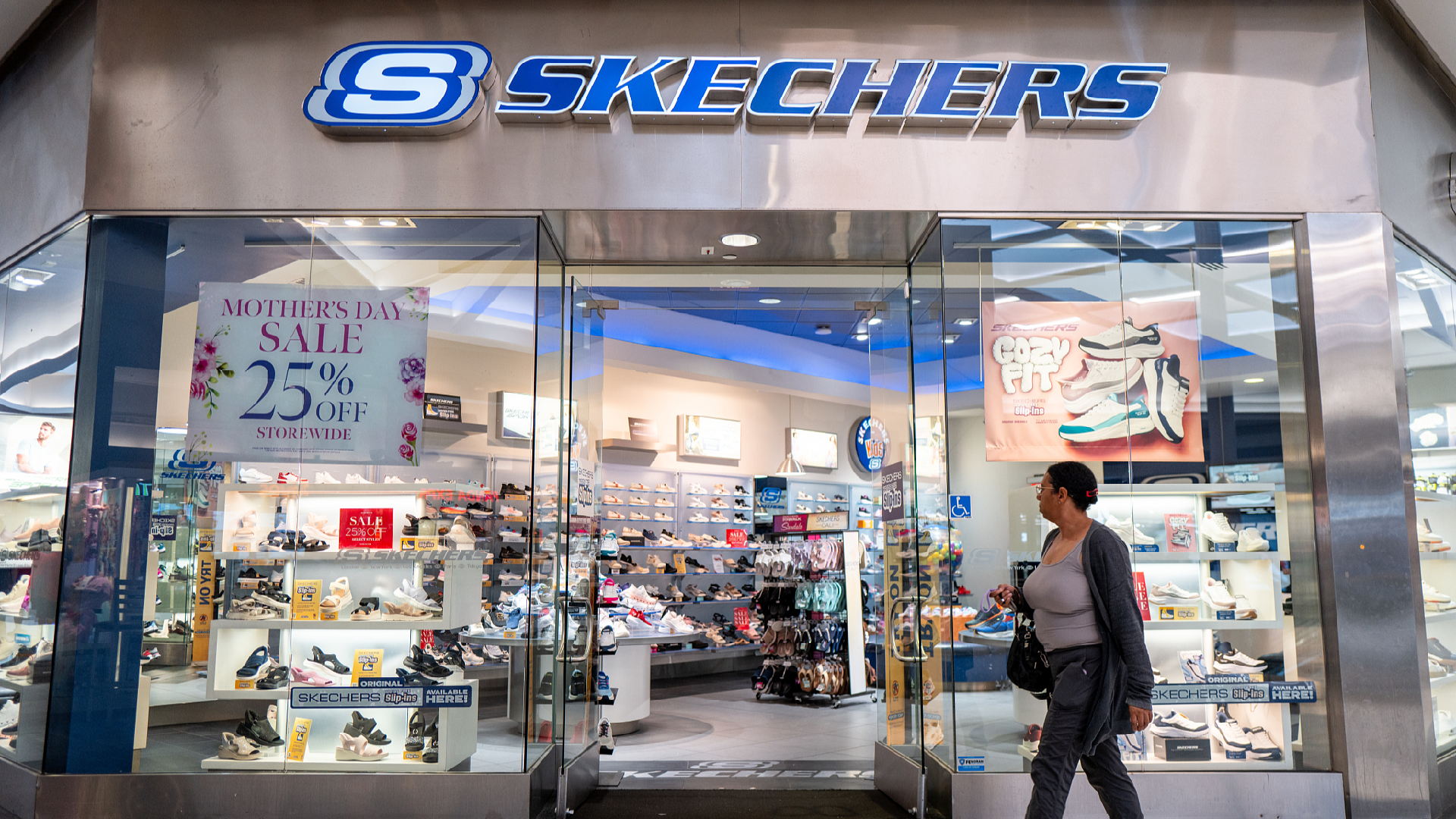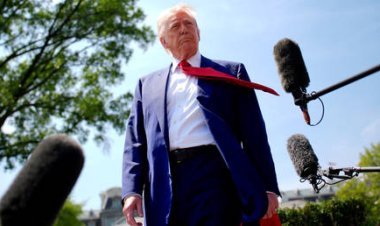Shadow of Trump's tariffs looms as US footwear giant Skechers prepares for sale
Skechers, the third-largest footwear company by sales in the United States, announced on Monday its plans to be sold in a deal that values the company at $9.4 billion. This announcement follows shortly after Skechers and several other major...

According to a joint statement from Skechers and private equity firm 3G Capital, the latter will acquire Skechers for $63 per outstanding share, with both parties anticipating the transaction to close later this year. Following the completion of the deal, Skechers will transition to a privately held entity, with CEO Robert Greenberg continuing to manage the company’s strategy.
Although neither Skechers nor 3G Capital explicitly stated it, the deal has been strongly associated with the repercussions of US President Donald Trump's tariffs. The majority of Skechers' sales last year were derived from shoes manufactured in Asia, with approximately two-thirds of its revenue originating from international markets.
This announcement occurs amidst turmoil in the industry. On April 29, Skechers, along with brands like Nike and Adidas, cautioned the president that his tariff policies represented an "existential threat" to the US footwear sector. The Footwear Distributors and Retailers of America, together with over 80 prominent US footwear companies, sent a letter to Trump requesting an exemption for footwear from his administration's "reciprocal tariff" scheme.
The letter emphasized that the industry was already facing a significant tariff burden from the US government prior to the introduction of new tariffs, pointing out how these new levies have led companies to encounter tariffs extending "from more than 150 percent to nearly 220 percent" for children's shoes.
It also highlighted that Trump's tariffs "would not drive shoe manufacturing back to the US." Instead, the new tariffs would diminish the "business certainty" necessary for the industry to invest significantly in machinery and materials for domestic shoe production.
The companies expressed their "deep concern" about potential job losses within the US footwear sector, increased costs for consumers, and decreased consumer spending, all of which could severely hinder the industry and negatively impact the broader US economy.
Skechers operates around 5,300 retail stores globally, 1,800 of which are company-owned. The company reported a record revenue of $9 billion in 2024, with net earnings of $640 million.
Based in Southern California, Skechers has seen its stock decline in recent months due to tariff-related concerns, and its first-quarter results fell short of Wall Street expectations.
In April, Skechers also withdrew its full-year forecast, attributing this decision to "macroeconomic uncertainty stemming from global trade policies." CFO John Vandemore compared the current economic climate to that of the pandemic, indicating that the company was managing the effects of Trump’s tariffs by distributing costs with vendors and adjusting pricing strategies.
Jessica Kline contributed to this article for TROIB News
Find more stories on Business, Economy and Finance in TROIB business












